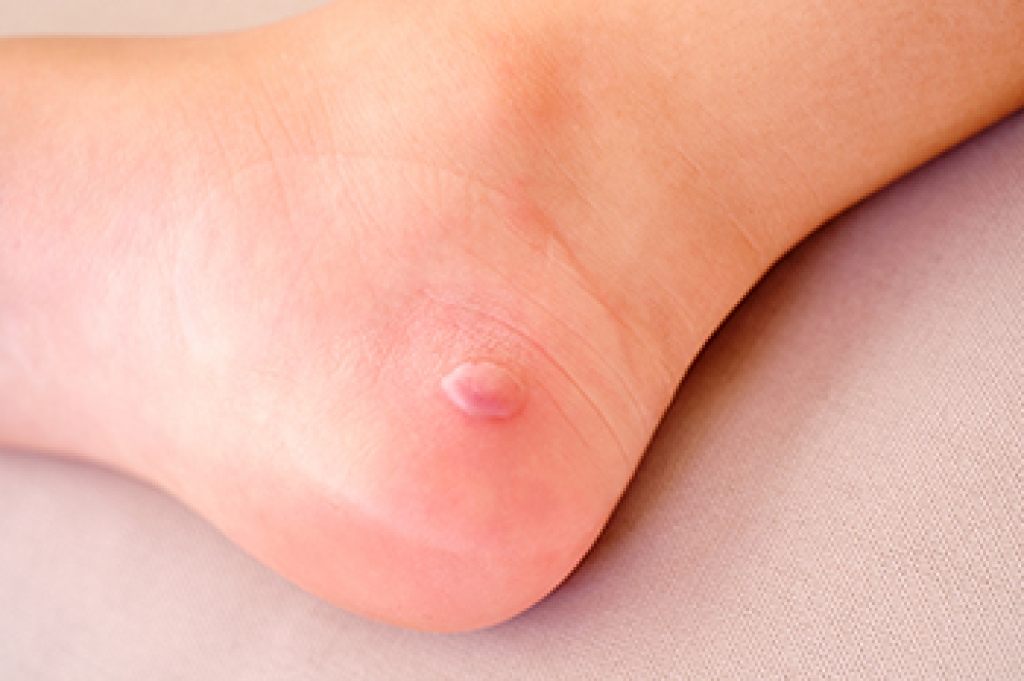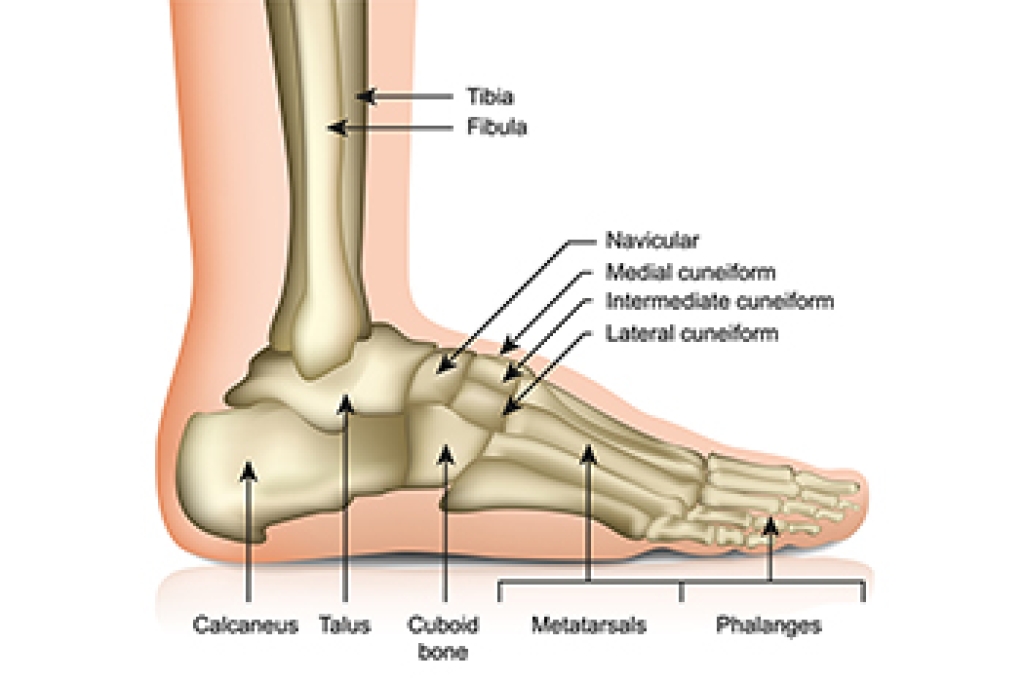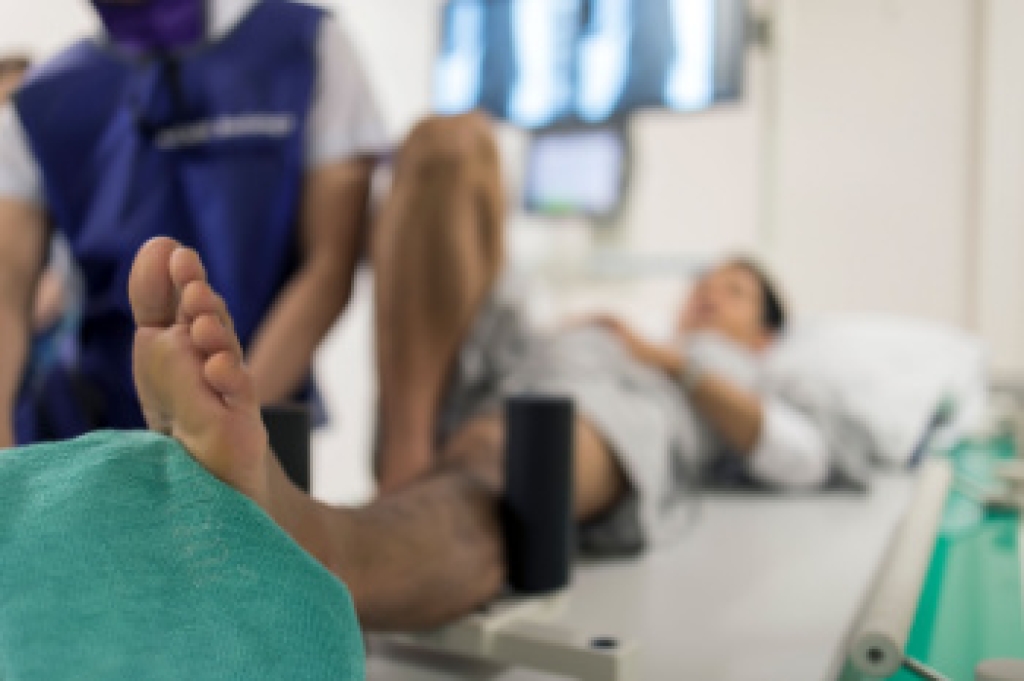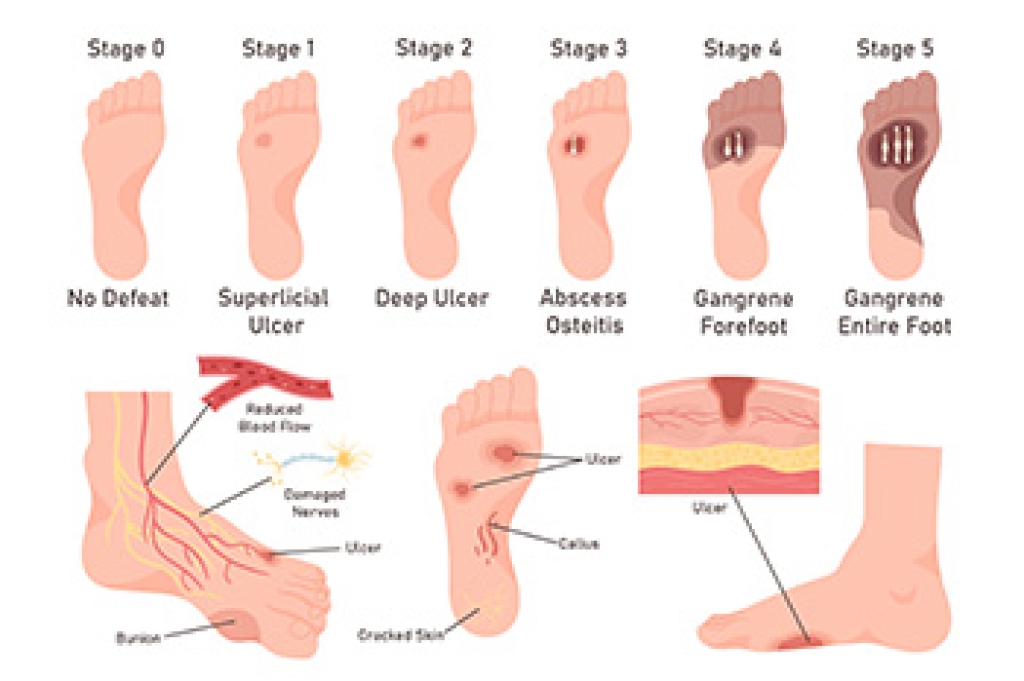
Foot blisters develop when repeated friction, heat, or moisture causes the upper layers of skin to separate and fill with fluid. They commonly form during walking, running, or exercise, especially when shoes rub against the skin. New or poorly fitting footwear, thin socks, and seams inside shoes often increase friction. Excess moisture from sweating softens the skin, making it more vulnerable to blister formation. Foot structure can also play a role, as bunions, hammertoes, or prominent bones may create pressure points. Blisters are frequently seen during long periods of activity or sudden increases in exercise. Treatment focuses on protecting the area and reducing further irritation. Padding, blister covers, breathable socks, and properly fitted shoes help promote healing. Intact blisters should generally be left unbroken to reduce infection risk, especially without being under the care of a podiatrist. If blisters are recurrent, painful, or slow to heal, it is suggested that an evaluation by a podiatrist can help identify underlying causes, and guide treatment.
Blisters are prone to making everyday activities extremely uncomfortable. If your feet are hurting, contact Donovan Gowdie, DPM of The Foot & Ankle Treatment Center. Our doctor can provide the care you need to keep you pain-free and on your feet.
Foot Blisters
Foot blisters develop as a result of constantly wearing tight or ill-fitting footwear. This happens due to the constant rubbing from the shoe, which can often lead to pain.
What Are Foot Blisters?
A foot blister is a small fluid-filled pocket that forms on the upper-most layer of the skin. Blisters are filled with clear fluid and can lead to blood drainage or pus if the area becomes infected.
How Do Blisters Form?
Blisters on the feet are often the result of constant friction of skin and material, usually by shoe rubbing. Walking in sandals, boots, or shoes that don’t fit properly for long periods of time can result in a blister. Having consistent foot moisture and humidity can easily lead to blister formation.
Prevention & Treatment
It is important to properly care for the affected area in order to prevent infection and ease the pain. Do not lance the blister and use a Band-Aid to provide pain relief. Also, be sure to keep your feet dry and wear proper fitting shoes. If you see blood or pus in a blister, seek assistance from a podiatrist.
If you have any questions, please feel free to contact our office located in Watkinsville, GA . We offer the newest diagnostic and treatment technologies for all your foot care needs.




